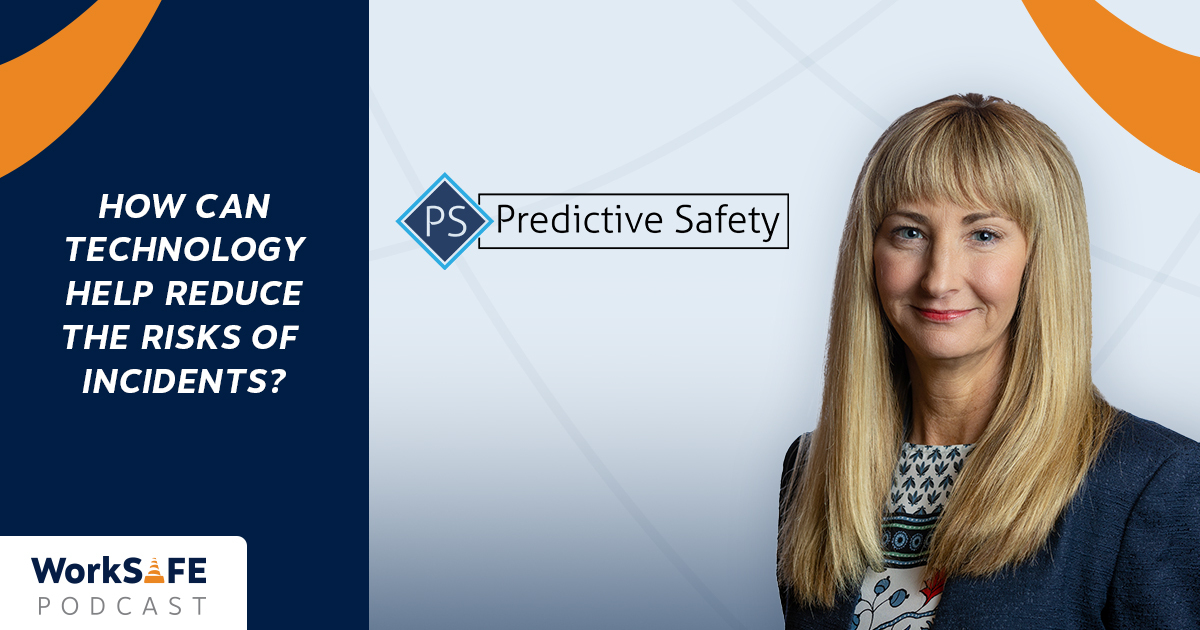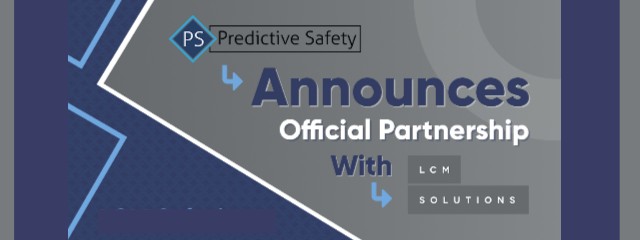Workers in high-hazard industries are well aware that their jobs may carry inherent safety risks, and recurring safety training is virtually universal to prevent and mitigate unsafe situations.
But, unfortunately, accidents continue to occur, from minor things like cuts and bumps, to traumatic injuries, lost limbs, and lost lives. The saying goes, “Accidents will happen,” and certainly clichés like this carry some inherent truth. But how should we really interpret this old saying? Does it imply that regardless of any preparation and planning, accidents are inevitable? If so, it appears that employees in high-hazard industries should expect accidents to occur, sooner or later, to themselves or to their coworkers.
But are accidents inevitable? The nature of an accident is both that it is unexpected as well as unintentional. But if any accident were found to be indeed inevitable, it would not be considered or called an “accident,” as it was intended to occur. As such, the saying “accidents will happen” is rather contradictory and illogical when scrutinized, because in all cases, accidents do not need to occur.
It seems the saying “accidents will happen” instead asserts something broader than its words—something less about accidents themselves, and something more about the shortcomings of our human nature, the chaotic makeup of the swirling cosmos and all it contains, and our desire to have order and predictability in that chaos. Training is a key aspect of ensuring workplace safety, helping to mold some semblance of control within a potentially volatile environment. But what can employers do to keep their employees safe when training is not enough to prevent the unforeseen, the unlikely, or the circumstantial?
“It seems the saying ‘accidents will happen’ asserts something broader than its words— something less about accidents themselves, and something more about the shortcomings of human nature.”
Effectively managing the unforeseen, therefore, requires improving foresight. This is where Predictive Safety comes in. Rather than merely reacting to crises when they occur and minimally complying with regulations, employers can use Predictive Safety’s data analysis technology to better understand their employees and the conditions that lead to accidents before they occur. If organizations have a better sense of how accidents occur, they can better understand when they occur, and they can therefore fix or avoid altogether the kinds of circumstances that lead to accidents, small or big. Consequently, when employees know their safety is being proactively managed, their sense of security has a positive influence on their productivity and their attitude. An organization that considers workplace safety a core business value is prioritizing for success.
Predictive Safety can help make safety a core business value at your organization and we would be happy to show you. Get in touch today!
Start Reducing Your Risk Today
Request a no-obligation demo and a member of our team of impairment-risk mitigation experts will walk you through this revolutionary technology so you can combat the high cost of impairment and fatigue at your company.
Fill out the form below, and we’ll follow up to:
- Ask a few additional questions about your situation
- Understand your scope and timeline
- Determine if there’s a good fit
- Schedule your demo so we can provide a competitive quote
"*" indicates required fields










